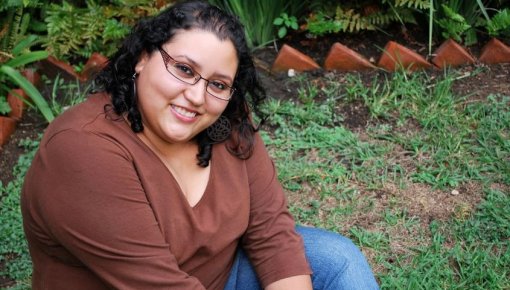My diet has changed a lot since the surgery. Before, I always ate a whole lot of meat and a lot of fast food like French fries and pizza. A lot of things that are fast and easy to prepare and tasty, too.
I still eat meat, but not much. Now, I eat a lot more side dishes, especially vegetables. I get my meat directly from a farmer, and it's high quality. Then, I really savor it and have it with a lot of vegetables. Plus, potatoes and rice – and pasta once in a while. I cook a lot. As a snack, I really like carrot or kohlrabi sticks with dip. Before, I tended to snack on chips and chocolate.
But I don’t deny my body anything. If I feel like chocolate, I will eat a chocolate bar. At parties or birthdays, I may have a hand full of chips or some pizza, too.
I don’t count calories or weigh my food. I rely on the cues my body gives me. But it does take some time to be aware of your body’s signals. My body now tells me what it wants and when it’s full.
In total, I’ve lost about 50 kilograms: 5 kg before surgery and about 45 kg afterward. I’m very proud of that! That’s beyond any of my expectations. I never thought that I would have a figure like that at some point!
I’d like to lose five more kilograms now. Then, I think, I’ll have reached my feel-good weight, and I don’t want to lose any more than that. That would be okay. It’s important to me to stay away from the 3-digit kilogram range. Right now, I’m far away from that.

